Back in 2009 Files Over Miles was one of the most trusted and renowed P2P file sharing service to share files with friends and co-werkers. Over the time in 2017 due to lack of funding this platform was shut down unexpectedly. Here in this blog post we will list the top 10 alternatives to Files Over Miles-
Here in this blog post we will list the top 10 alternatives to Files Over Miles-
List of the top 10 alternatives to Files Over Miles-
Here is the list-
1. Google Drive:

Google Drive is an extensive cloud storage and collaboration platform deeply integrated into Google’s ecosystem. It serves as a central hub for storing, sharing, and collaborating on various file types, with seamless synchronization across devices.
Advantages: Exceptional integration with Google services, robust collaboration features including real-time editing and commenting, and substantial free storage (15 GB). Additionally, its compatibility with third-party apps enhances its versatility.
Disadvantages: Privacy concerns due to Google’s data collection practices, and the 15 GB free storage may be limiting for users with extensive data.
2. Dropbox:
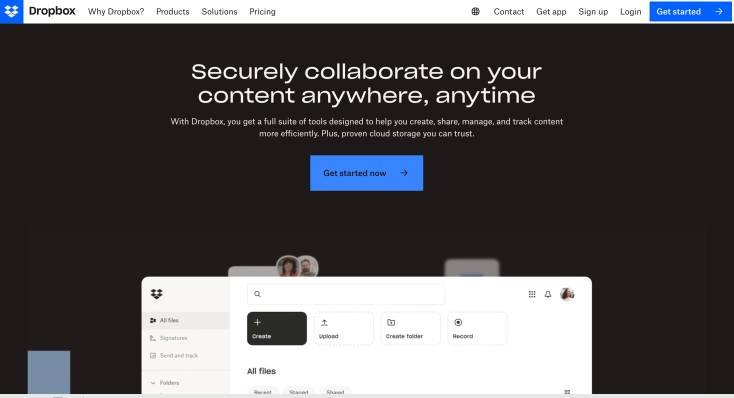
Dropbox is a widely used cloud storage service known for its simplicity and cross-platform file synchronization. It provides users with a secure space to store, access, and collaborate on files, with a strong emphasis on user-friendly interfaces.
Advantages: Intuitive and user-friendly interface, reliable file syncing across various devices, and excellent collaboration tools. Dropbox is particularly valued for its ease of use and seamless integration with other apps.
Disadvantages: Limited free storage (2 GB), and the cost of additional storage may be perceived as higher compared to some competitors.
3. Microsoft OneDrive:

OneDrive is Microsoft’s cloud storage solution closely integrated with the Office 365 suite. It enables users to store, share, and collaborate on documents seamlessly across Microsoft applications and devices.
Advantages: Deep integration with Microsoft Office apps, real-time collaboration features, and substantial free storage (5 GB). It’s a preferred choice for users heavily invested in the Microsoft ecosystem.
Disadvantages: Integration on non-Microsoft platforms may be less seamless, and the free storage allocation is lower compared to some alternatives.
4. Box:

Box is a cloud collaboration platform catering to businesses, offering secure file storage, sharing, and workflow automation. It emphasizes enhanced security features and seamless integration with third-party applications.
Advantages: Advanced security features, tailored collaboration tools for businesses, and compatibility with various third-party apps. Box is a suitable choice for organizations with specific collaboration and security requirements.
Disadvantages: Limited free storage (10 GB), and its feature set may be more geared towards business users rather than individual consumers.
5. WeTransfer:

WeTransfer is a straightforward file transfer service designed for simplicity. Users can send large files via email without the need for an account, making it a quick solution for one-time file sharing.
Advantages: No account required for basic file transfers, user-friendly interface, and support for large file sizes. It excels in simplicity and is ideal for occasional file sharing needs.
Disadvantages: Limited storage duration for free transfers, and it may not be suitable for long-term storage or collaboration.
6. Apple iCloud:
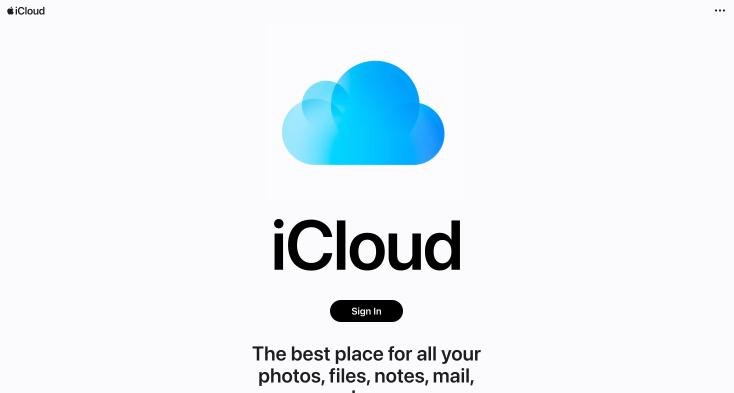
iCloud is Apple’s cloud storage service tightly integrated into its ecosystem. It facilitates seamless file sharing, backup, and synchronization of data, including photos, documents, and app data.
Advantages: Deep integration with Apple devices, user-friendly interface, automatic backup of photos and data, and seamless synchronization across Apple products. It’s particularly advantageous for users within the Apple ecosystem.
Disadvantages: Limited cross-platform compatibility, and the free storage capacity (5 GB) may be insufficient for users with extensive data.
7. Mega:
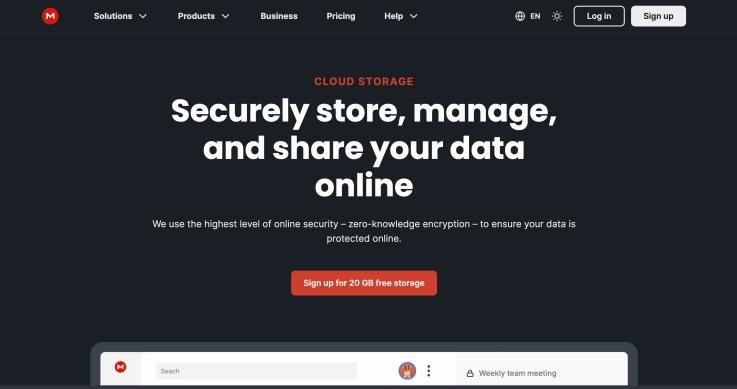
Mega is a privacy-centric cloud storage service offering end-to-end encryption for enhanced data security. It provides users with control over their data privacy and sharing permissions.
Advantages: High-level encryption and privacy features, generous free storage (50 GB), and user-controlled sharing and permissions. Mega is a suitable choice for those prioritizing data privacy.
Disadvantages: The interface may be less intuitive for some users, and it may lack certain collaboration features offered by mainstream services.
8. MediaFire:
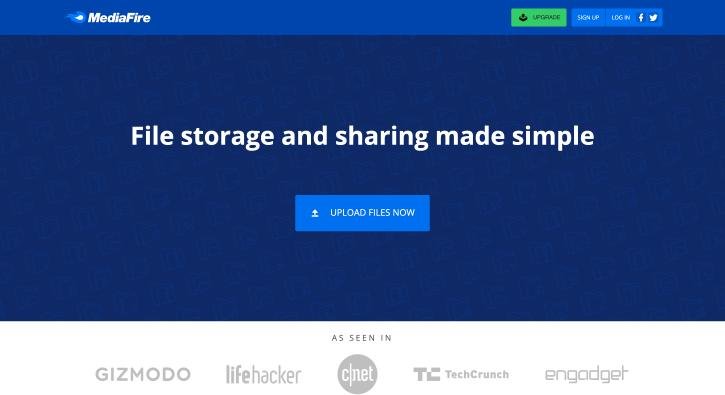
MediaFire is a cloud storage service offering file sharing, collaboration, and versioning features. It aims to provide a user-friendly experience for individuals and businesses alike.
Advantages: Generous free storage (up to 10 GB), a user-friendly interface, and features like file versioning and real-time collaboration for enhanced productivity. MediaFire is suitable for a wide range of users, from individuals to businesses.
Disadvantages: The free version is ad-supported, and it may lack some advanced features provided by competitors.
9. Sync.com:
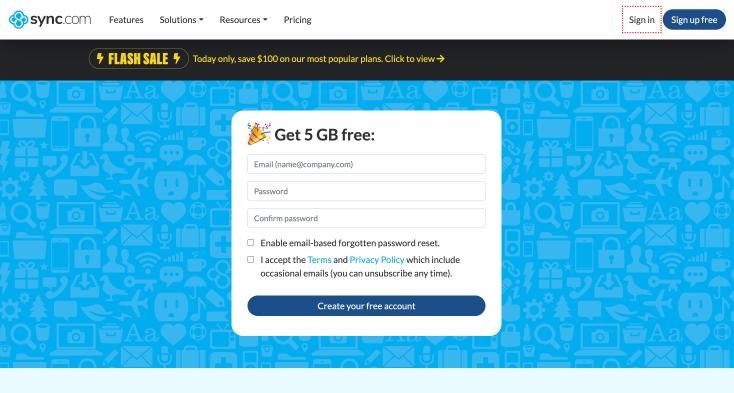
Sync.com is a cloud storage service focusing on security and privacy, providing zero-knowledge encryption for user files. It caters to individuals and businesses with a strong emphasis on protecting user data.
Advantages: Zero-knowledge encryption for enhanced security, user-friendly interface, and secure sharing options. Sync.com is suitable for users prioritizing data privacy and security.
Disadvantages: Limited free storage (5 GB), and it may have fewer collaboration features compared to mainstream services.
10. Telegram:

Telegram is primarily a messaging app that supports file sharing of various types. Known for its speed, security features, and versatility in communication, it allows users to send files securely.
Advantages: Secure file sharing, a fast and reliable messaging platform, and support for a wide range of file types. Telegram is suitable for quick and secure file exchanges within a messaging context.
Disadvantages: Limited storage capacity for files (documents and media), and it is designed more for messaging purposes than dedicated file storage.
You may also like to read:
ApkZub, Download the Latest APKs for Free
DownloadHub4u Down in Your Country? – Here’s How to Access it
